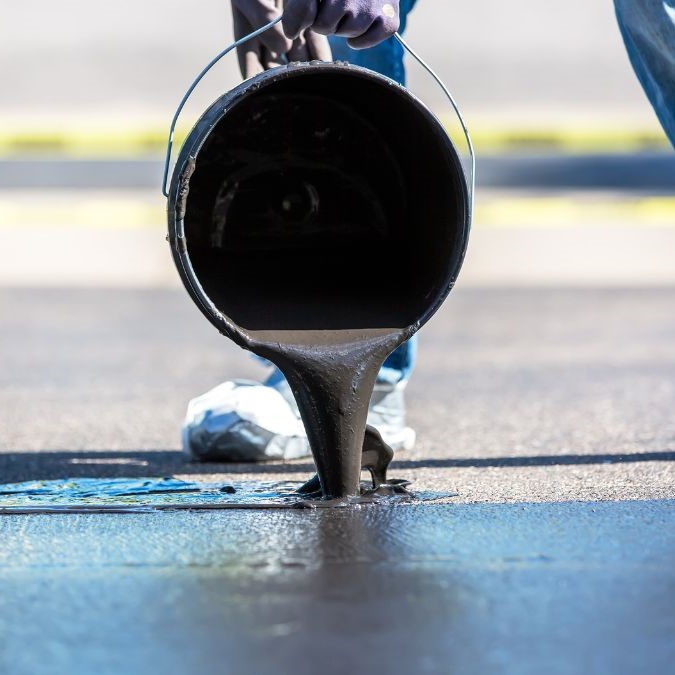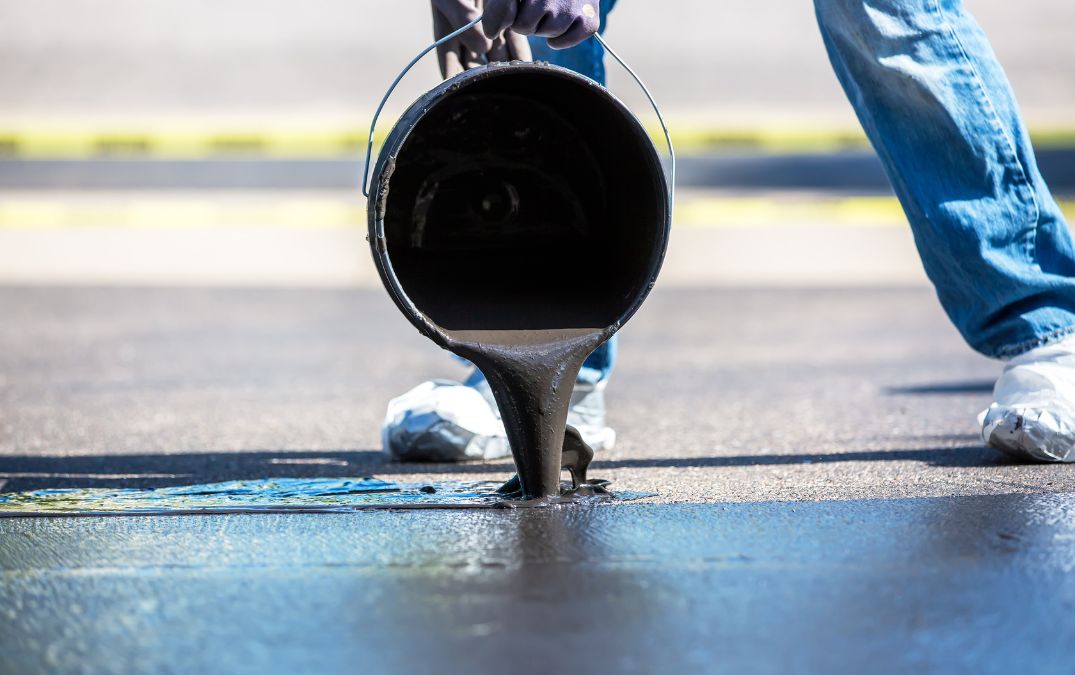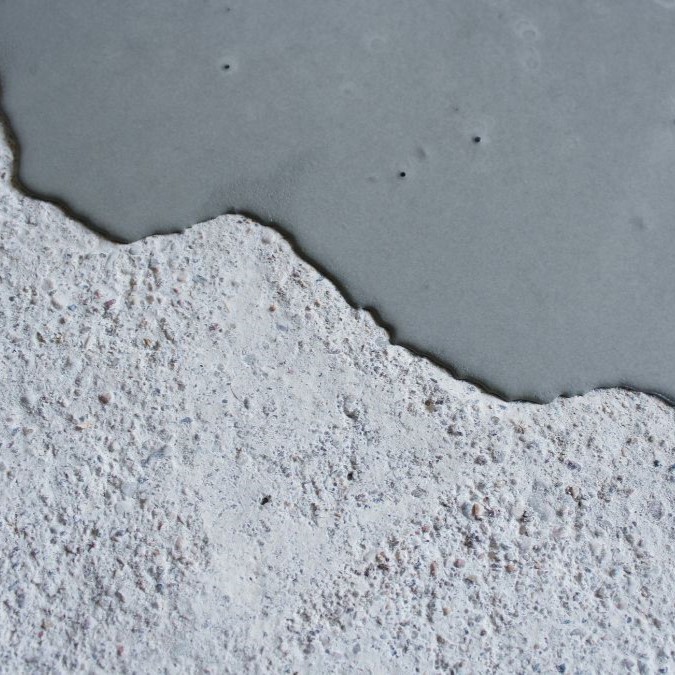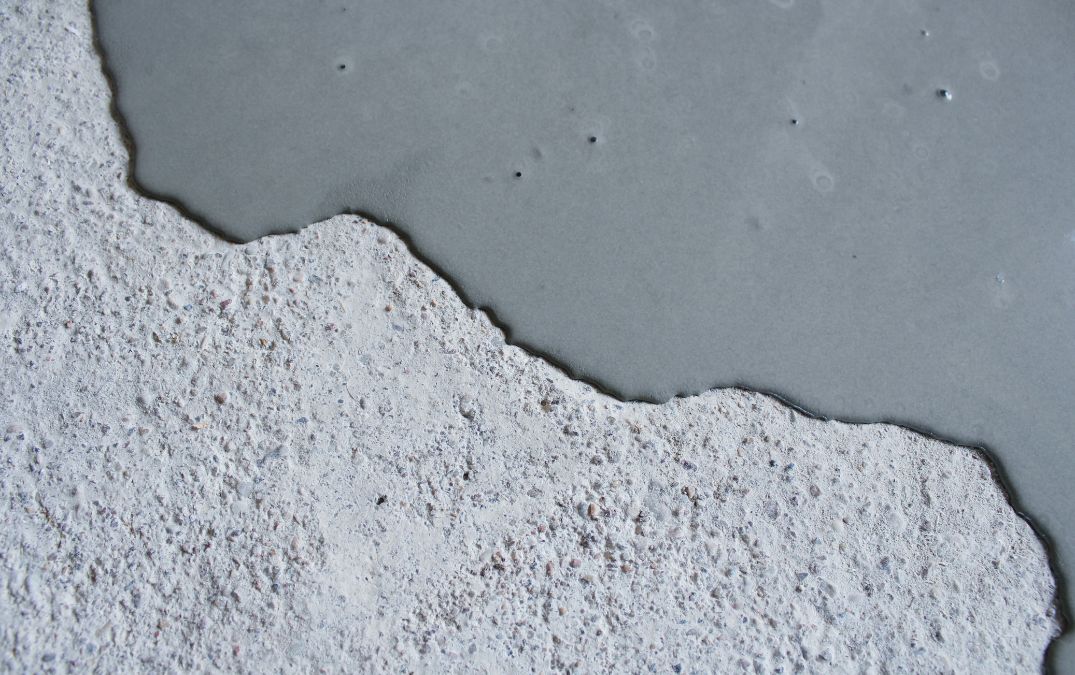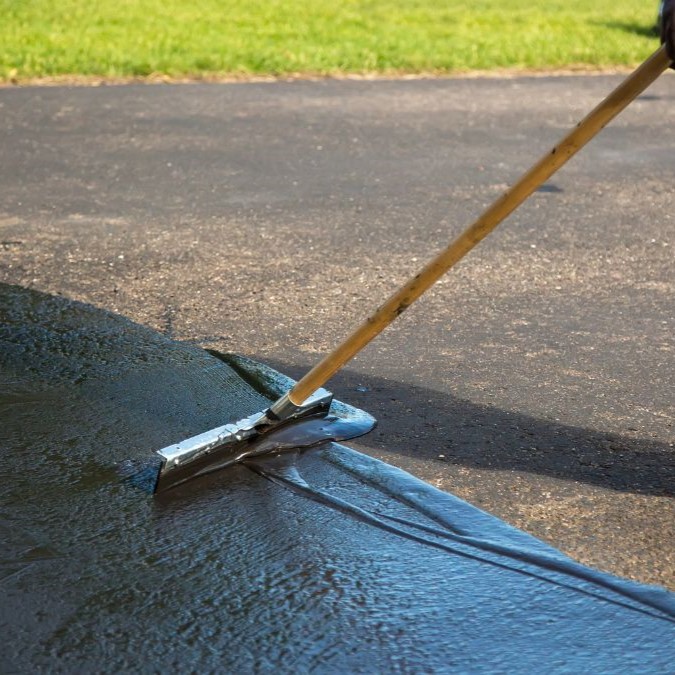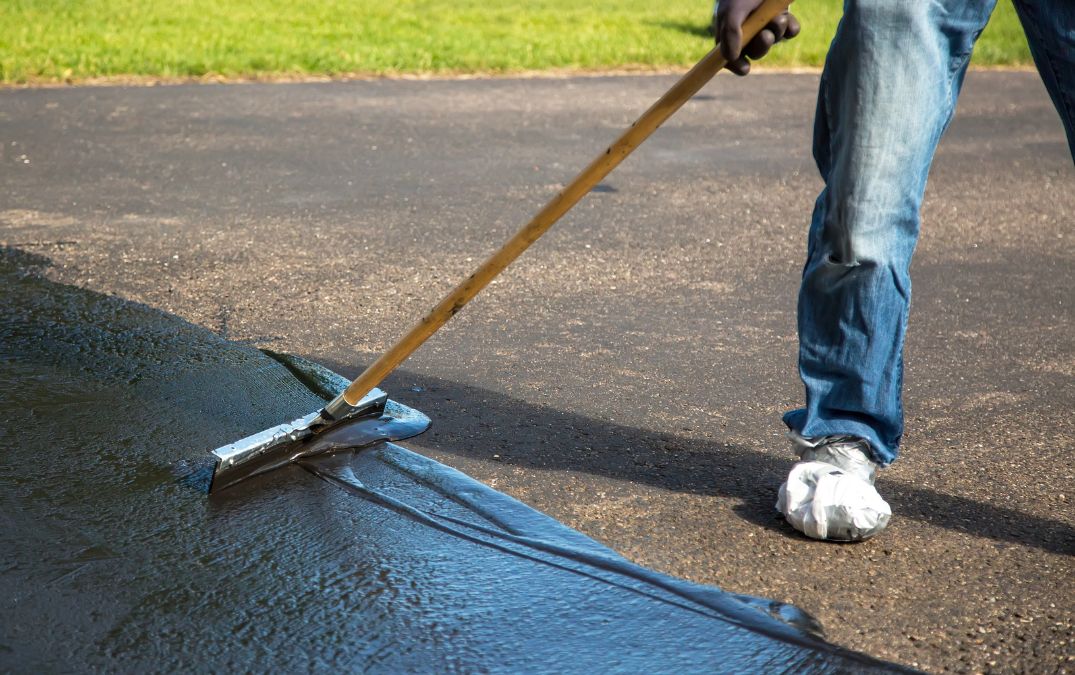How often should I seal my concrete driveway?
Well, it’s a bit like asking how often you should get your car serviced. It depends on a few factors, but generally speaking, you should look at sealing your concrete driveway every 2 to 3 years. If you’ve got a busy household with multiple cars coming and going, or if your driveway is exposed to harsh weather conditions, you might need to seal it more frequently.
A good quality sealer forms a protective layer over your concrete, shielding it from stains, chemicals, and the elements. Over time, this layer wears down. Regular resealing rejuvenates this barrier, keeping your driveway in tip-top shape. It’s a small investment of time and money that can save you from bigger repair costs down the line.
